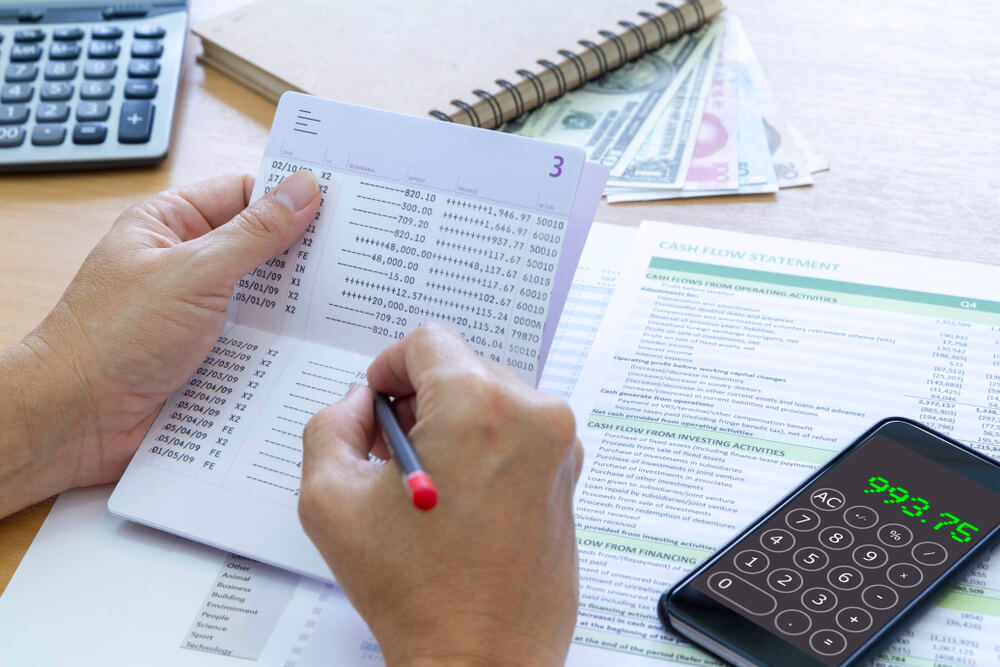What is an overdraft fee?
An overdraft is when there is not enough money in an account to cover a transaction, but the bank or credit union pays for it anyway. A bank will charge the account holder anywhere between $25 – $35 to cover the cost. Typically, the amount owed is taken immediately out of your next deposit.
Here are five ways that you can avoid an overdraft fee:
1. Turn off auto payments
While auto payments are incredibly convenient, they can be a major player in accumulating overdraft fees if your bills are hitting at the wrong time. Paying bills manually will help keep you aware of how much is taken out and when.
2. Keep track of account balances
Balancing checkbooks might be a thing of the past, but balancing your account is still a thing of today. Banks provide monthly statements of all deposits and withdrawals. Keep track of your purchases and compare them to your statements. Get familiar with where your money is going and when it is going.
3. Turn on low balance alerts
Notifications are a great way to be aware of what is available in your account. Ask your bank to set up an alert once your account hits a specific dollar amount. This practice gives you a heads up of what’s available in your account, so you spend accordingly.
4. Pull from a linked account
Some institutions allow you to set up overdraft protection by pulling money directly from a separate account. This option is great if you have multiple accounts. Some establishments may charge a transfer fee, but it should still be considerably less than an overdraft fee.
5. Ask your bank to opt you out of overdraft coverage for debit card purchases
An overdraft fee is entirely avoidable by simply asking for this service to be turned off. This is the easiest way to ensure you won’t have to worry about owing additional money for getting your transaction covered. It’s important to note that this only applies to debit card purchases; you’ll receive a “declined” message instead of going into overdraft.
There are several ways to avoid troublesome overdraft fees. Ensuring there is enough money in your account before a transaction hits is the safest way, but these suggestions will help minimize those additional costs. Call your bank today to see how they can help you.



